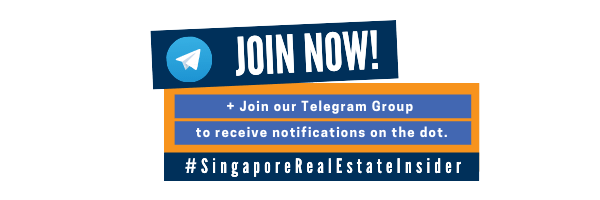There’s no doubt, the Covid-19 pandemic has hit us and affected our economy in different aspects.
News all around us causes fear as we hear the impact of this global concern and has affected our daily lives. On the bright side, it still gives us hope as we see new opportunities being brought to light.

Although almost all sectors including, transportation and tourism, consumer goods, manufacturing, etc. have taken the blow of the situation, the Real Estate sector continuously thrives as we see an increase in residential sales, taking note of expensive condos being bought more as an investment.
What are the factors that affected the increase in private home sales?
Liquidity

Due to the 2013 Singapore cooling measures, homeowners were no longer over-leveraging, over-committing, and over- borrowing. This includes higher buyer stamp duty, lower loan to value financing quantum, and increased down payment on 2nd mortgages onwards. TDSR, ABSD, and LTV play an important role in this.
- TDSR (Total Debt Servicing Ratio) refers to the portion of a borrower’s gross monthly income that goes towards repaying monthly debt obligations, including the loan being applied for. A borrower’s TDSR should be less than or equal to 60%. As a result, TDSR has limited the borrowing capacity and greatly reduces the risk and the potential number of distressed mortgages.
- ABSD (Additional Buyer’s Stamp Duty) is a tax that’s levied on top of BSD. As a Singaporean citizen, it applies to you only when you buy more than one property. ABSD discourages the demand for multiple residential properties thus, no over-commitment.
- LTV (Loan-to-value) defines the maximum home loan amount a bank can grant you as a percentage of the property’s market value (i.e.its valuation) to limit over-leveraging.
Cooling measures were imposed by the government to keep price increases in check and to slow down its pace. It spared the property market from greater pain when the pandemic hit and made the housing market stable and grounded.
Pent up Demand

Because of the 2011 to 2014 mass supply of BTO (Build-to-order flats), it contributed to a demand to upgrade to a private property once they completed their MOP (min occupational period.)

The rapid increase is also due to the subdued spending during the pandemic in the fear of the market being down or loss of a source of income, but when the signs of recovery emerge, investors saw the opportunity of having a profit even in these challenging times. Many would have a minimum profit of 150k to 200k depending on location. So it’s a logical process to upgrade.
Conducive Interest Rate

Having a property priced within the means of Singaporean citizens makes the current market even more interesting. We are experiencing one of the lowest interest rates in the past 10 years. Mortgage rates have been below 2% since 2008 and the last highest interest rate was in 2006 of about 3.5%. So as a result, many property buyers are taking advantage of this.
Also, taking note of the cooling measure rumors makes property investors buy today for the fear of the “Interest rates will increase soon.” Strike while the iron is hot. Most people are afraid to miss such opportunities.
So what’s the point of all these and how does this affect you and your family as a whole?
Taking advantage of the crazy market today is completely up to you. Having the numbers and data that are based on your current property situation will tell you what to do. Make sure to make your research first and not be swayed by the common sales pitch we hear today.
But if you’re still confused about how you can take advantage of the market today and you want someone to help you and assist you to understand the meaning behind the numbers, you can talk to us. Just shoot us a message and we’ll gladly guide you step by step.

